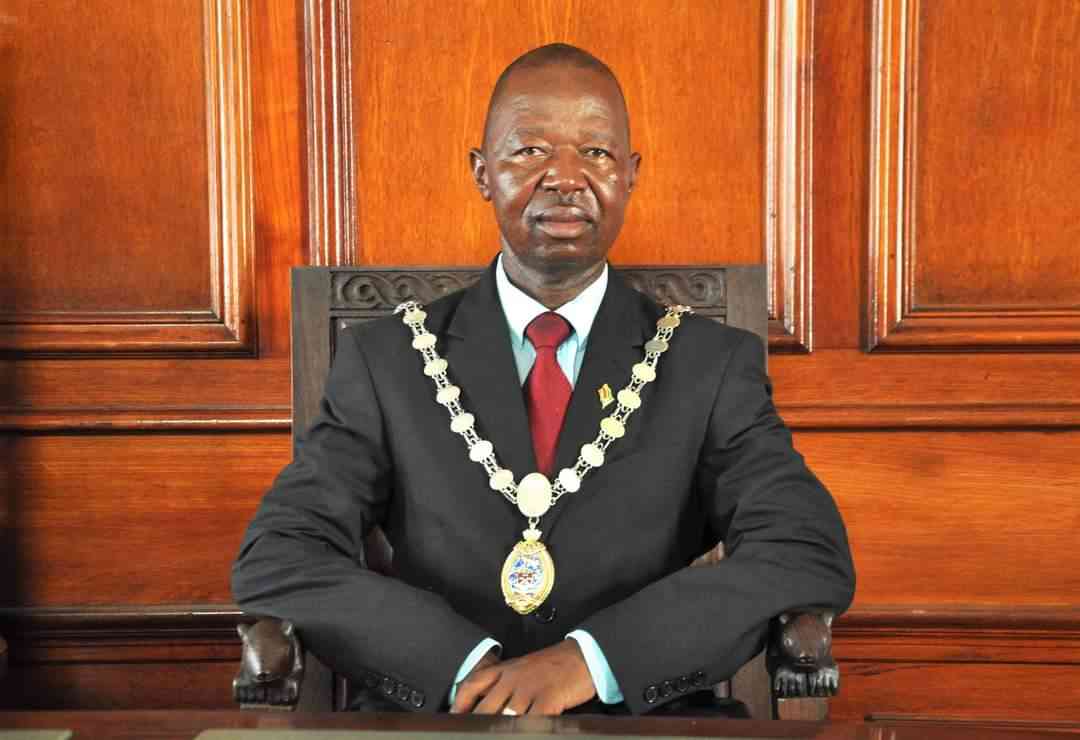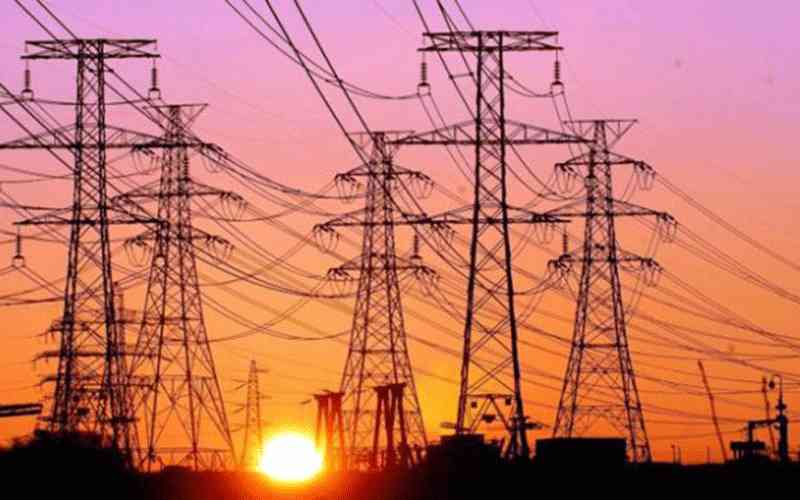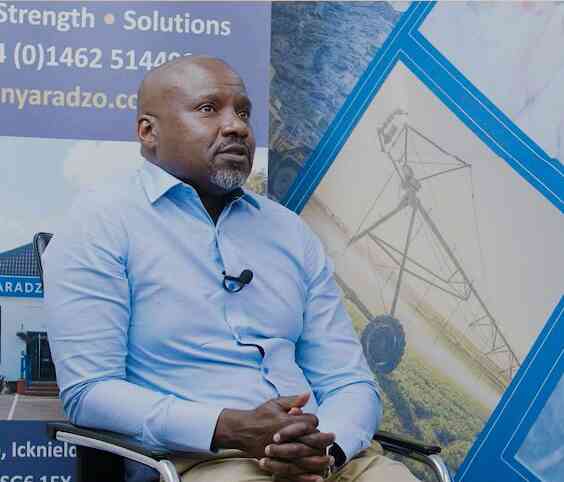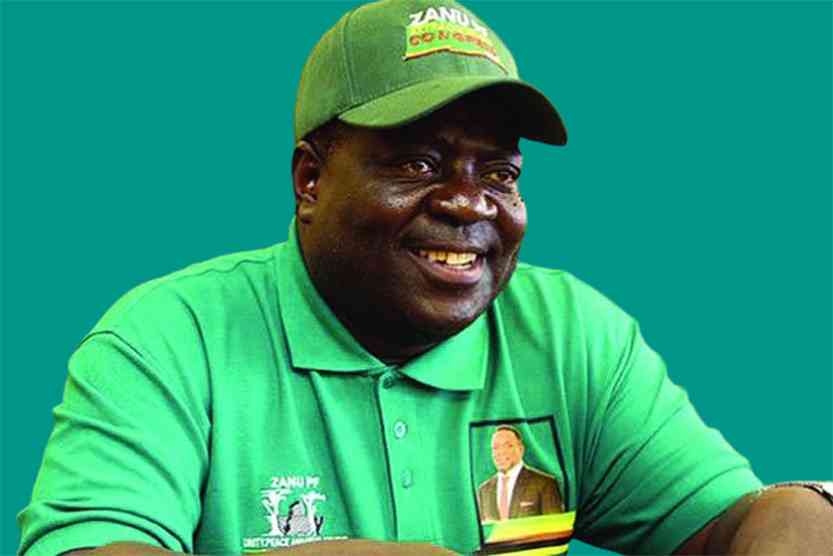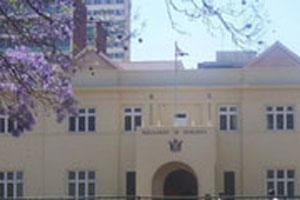
Female politicians feel that their male counterparts enjoy more space in the media because they have more resources.
Moses Mugugunyeki
Women Parliamentarians attending a Gender and Elections workshop in Kadoma last week said politics in Zimbabwe was no stroll in the park and acknowledged that they faced many obstacles in achieving representation in governance.
They said their chances of entering the political arena were hindered by a plethora of challenges that revolved around gender stereotyping.
“The media can either pull you down or push you up. We have seen that the media in Zimbabwe shun women politicians and concentrate much on male politicians when it comes to positive reporting”, said Gutu East MP Berita Chikwama.
“You will find that there are certain male MPs who are always in the newspapers and on television week-in and week-out.” She said she will push for a motion in Parliament for equality of media coverage.
“I will move a motion in Parliament so that women and male MPs get equal media coverage”.
Senator for Harare Metropolitan, Rorana Muchihwa also took a swipe at the media, accusing it of pushing agendas for male politicians.
- Chamisa under fire over US$120K donation
- Mavhunga puts DeMbare into Chibuku quarterfinals
- Pension funds bet on Cabora Bassa oilfields
- Councils defy govt fire tender directive
Keep Reading
“When we travelled to China as MPs, we had male Parliamentarians with us, but the media ran disparaging stories about me. I was in the newspapers for almost three months after the trip and I was attacked left, right and centre,” said Muchihwa.
“The male MPs that we travelled with us did not appear much in these newspapers, but I paid the price just because I am a woman.”
The proportion of women in leadership positions in Zimbabwe is depressingly low and it will take many years before women achieve equal representation in government.
Although Zimbabwe is exploring measures aimed at improving women’s participation in government at all levels, women Parliamentarians believe it will take time before they can claim their space on the political arena.
“We can only achieve equal representation if we support each other. The problem with us women is that we pull each other down while men support one another,” said Joan Tsogorani, Mashonaland West Province Member of the National Assembly.
Despite efforts to bring about gender awareness at various levels of governance, patriarchy has been allowed to prevail over these policies and legislative instruments, leaving women in political doldrums.
“The political environment is not even in Zimbabwe. I have been participating in politics for many years in Zimbabwe, but the environment is not even. Men are considered more powerful and this is caused by our traditional and cultural beliefs,” said Evelyn Masaiti, Harare Metropolitan Member of the National Assembly.
During the deliberations female Parliamentarians said their participation in politics was hindered by gender biases, cultural norms, gender-based violence and their low economic status. “I was assaulted during political violence and I have scars all over my body. I was beaten because I am a woman,” said Muchihwa.
Zimbabwe Election Support Network (ZESN) funded the workshop whose aim was to look at the gains earned and challenges faced in recent elections, as well as improvements and strategies for the next election.

